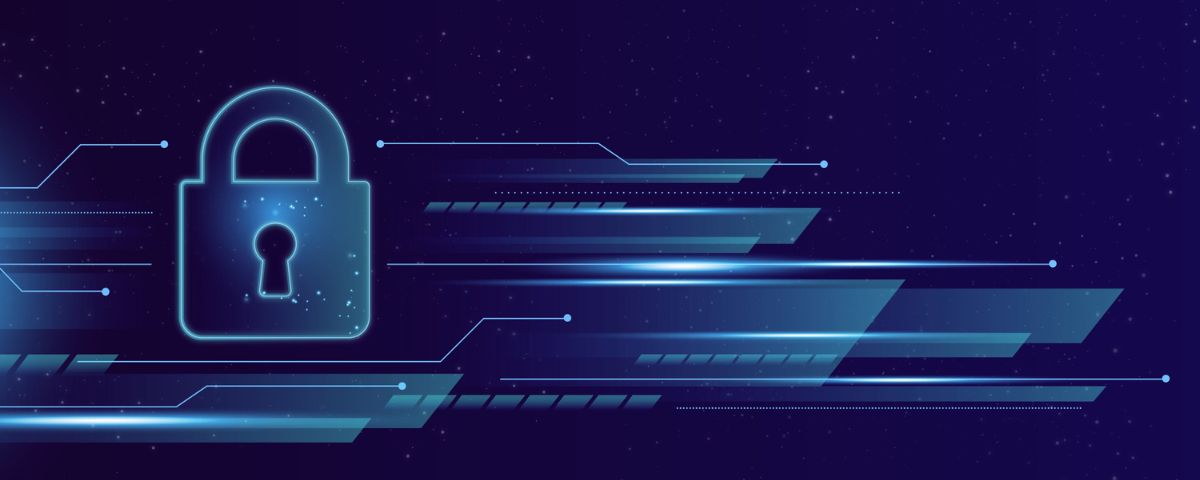
Cybersecurity has become a central focus in India as government departments intensify their efforts to combat escalating cyber threats. The Ministry of Communications and the Department of Telecommunications (DoT) recently unveiled the Telecom Cyber Security Rules, 2024, aimed at strengthening telecom network security.
Key Provisions of the Rules
The new regulations authorize the government and designated agencies to access telecom traffic data for cybersecurity purposes. This data includes information such as type, routing, duration, and timing but excludes message content like text, audio, or video. The data can also be shared with Central Government agencies involved in law enforcement or national security activities.
Telecom Operators’ Obligations
The rules mandate that telecom companies establish infrastructure capable of collecting and transmitting traffic data to designated government points for analysis.
– Incident Reporting: Operators must report cybersecurity incidents within six hours of detection and submit detailed reports within 24 hours, including the impact and remedial measures taken.
– This timeframe contrasts with the 72-hour reporting window under the U.S. Cyber Incident Reporting for Critical Infrastructure Act and similar European Union regulations, sparking mixed reactions.
Industry Reactions: Balancing Praise and Concerns
– Operational Challenges: Advocate Ayush Jindal sees the rules as beneficial in the long term but acknowledges immediate challenges. “While these measures may create hurdles initially, they are crucial for securing India’s digital infrastructure,” he said.
– Infrastructure Concerns: Tony Verghese, Partner at JSA Advocates and Solicitors, highlighted uncertainties in the regulations concerning imported equipment and individual purchases of telecom devices abroad.
Leadership and Transparency
The regulations also require telecom companies to appoint a Chief Telecommunication Security Officer (CTSO) to oversee incident response and compliance. The government reserves the right to disclose incident details to the public or direct telecom operators to do so.
Expert Perspectives
– Decisive Action: Varinder Singh Jawanda, CEO of Millennium Automation Systems Limited, emphasized the critical need for these measures in protecting India’s digital economy and telecom infrastructure.
– Proactive Measures: Konark Trivedi, Founder of Frog Cellsat Ltd., suggested telcos take proactive steps, such as blocking suspected phone numbers involved in cybercrime to mitigate further risks.
Also Read:
New Telecom Act 2023 Comes into Effect
Call for Clarity and Efficient Implementation
While the rules represent a bold step in fortifying India’s telecom cybersecurity framework, industry experts stress the need for clear guidelines to address practical challenges. Efficient implementation and coordination between government and telecom operators will be crucial to ensure the long-term success of these measures.
The Road Ahead
The Telecom Cyber Security Rules, 2024, reflect India’s commitment to securing its digital infrastructure in an era of rising cyber threats. However, balancing stringent security measures with operational feasibility remains the key challenge for all stakeholders involved.



